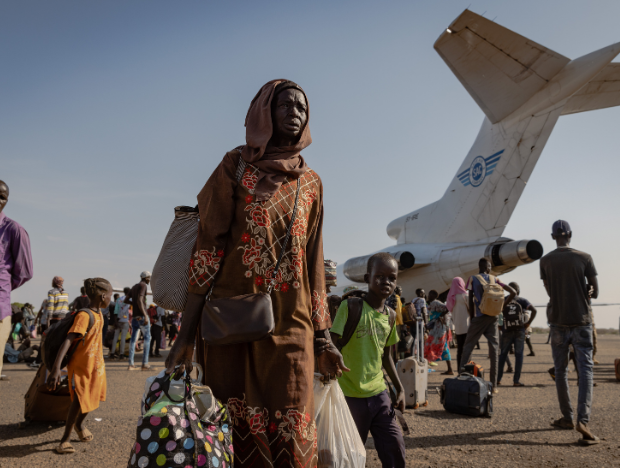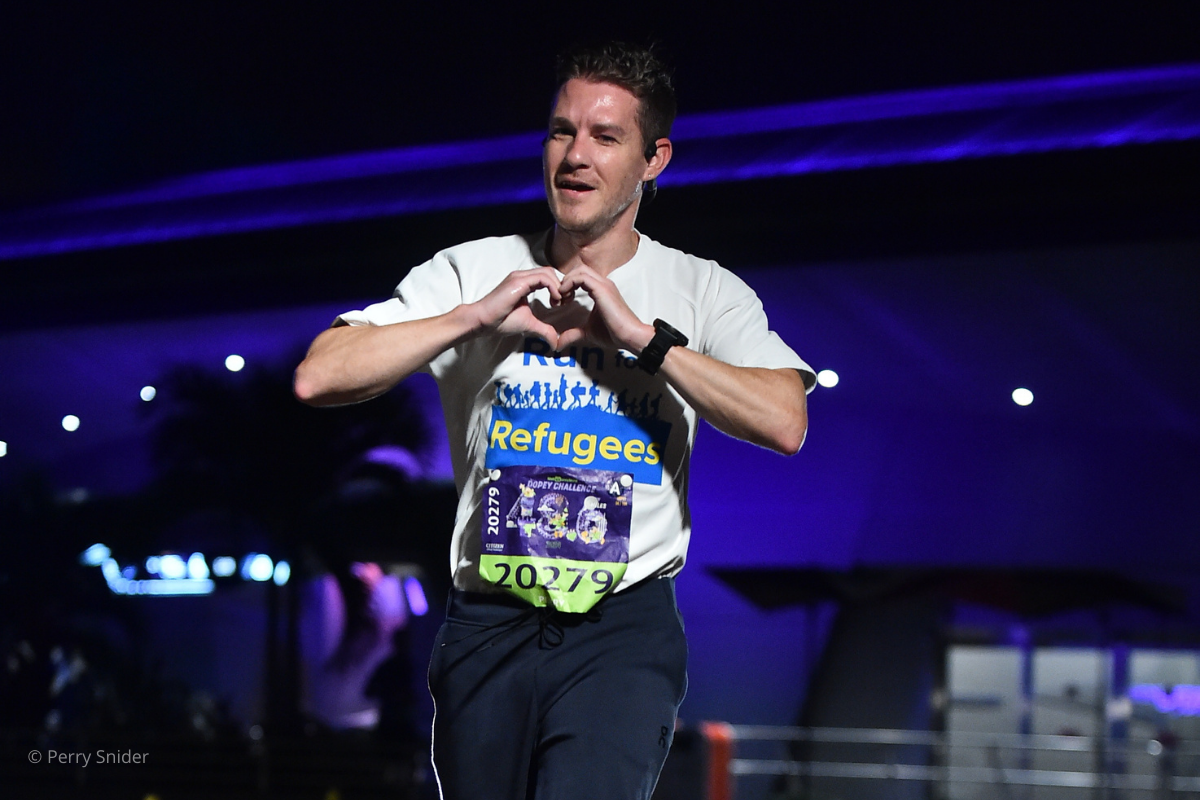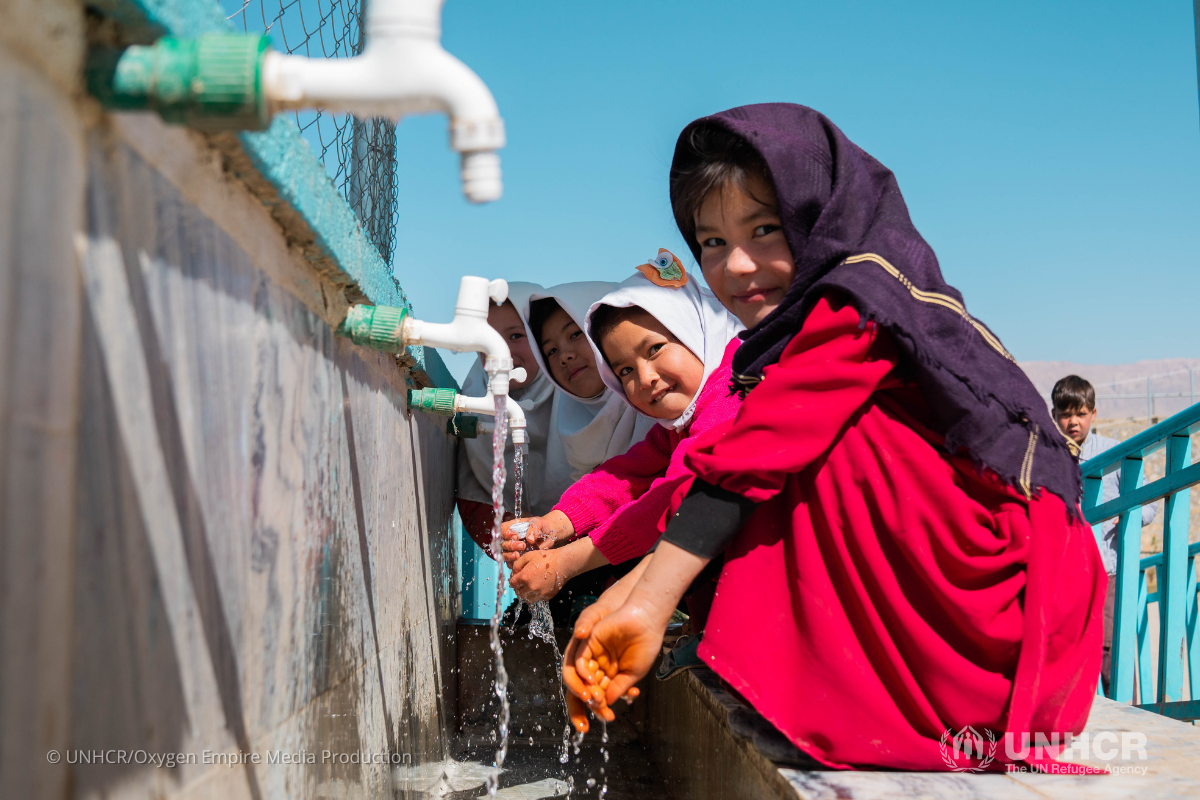UNHCR health officers work closely with partners to provide care in Za’atari refugee camp.
What comes to mind when you think about the needs of a refugee? For most people, it’s the emergency care – providing food to a malnourished child, offering shelter to a family after their long journey or giving water to those when they need it most.
The UN Refugee Agency delivers this type of lifesaving aid every single day, but some needs are more difficult to identify. The trauma refugees endure can leave deep emotional scars that often go undiagnosed and untreated. With donor support, UNHCR is helping refugee families heal from the unimaginable suffering they have faced.

Noor*, a 45-year-old mother of three, taught at a nursery school in Damascus, Syria before the war. The conflict in her home country robbed her family of the comfortable stability that she describes as “a beautiful, quiet life.”
Noor’s family used up their life savings moving from neighborhood to neighborhood, seeking a respite from the bombings and violence. In the process of fleeing, she and her husband became separated. Her husband ended up in Lebanon. Noor and her children found themselves in the Za’atari refugee camp in neighboring Jordan, which opened five years ago this month and is now home to more than 80,000 refugees.
In the camp, Noor and her children were no longer in immediate danger. They had shelter, food and access to medical care. They were, however, far from okay.
Looking back, Noor can recognize her denial about the psychological scars she was hiding. Her behavior had changed, and so had her ability to interact with family members and neighbors.
“I was aggressive, anxious around my kids… I can see it now,” Noor remembers. “But when people first told me, I … simply rejected their advice.”

While Noor’s daughter was being treated at a health clinic, the nurse recognized Noor might be suffering from an undiagnosed mental health issue. She was referred to a specialist and properly diagnosed. She now receives the therapy and medicine she needs. Noor was assigned a case worker who is overseeing her care and aiding her step-by-step recovery.
Many prefer to remain untreated than to seek help.
—Noor, Syrian refugee
It’s critical to identify refugees who are experiencing the effects of trauma so they can receive appropriate care. Pieter Ventevogel, a Senior Mental Health Officer with UNHCR, has witnessed the realities of mental distress. “People have lost a lot of things — of course dear ones, but also material things, and also status, immaterial things, ‘being someone.’ Refugees have had so many experiences of loss.”
Noor is healing and making progress every day. She now participates in community dressmaking and has a cleaning job in the camp. She has planted a garden next to the shelter she shares with her children and reunited husband. “The garden is beautiful, and I have seven chickens and a duck,” Noor says. “I enjoy working in it and it helps my mood. It’s not like the life I had before, but I’m trying to make the best of what I have.”
How you can help …
You can help people like Noor, her family and refugees all over the world by becoming a USA for UNHCR monthly donor. It’s the most convenient, effective and efficient way to help. Make your monthly gift today.
*Name changed for protection reasons


